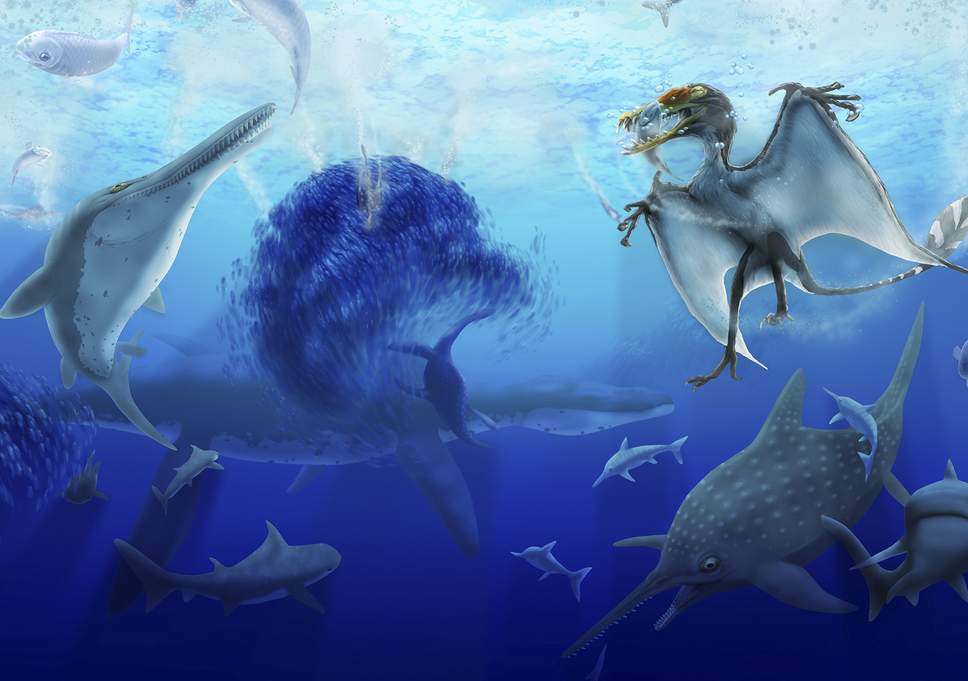Climate Change Caused The “Great Dying” Mass Extinction About 250 Million Years Ago

Unfortunately, many of us are still not aware of the enormous threats posed by global warming and how much human activity is accelerating climate change. New research shows that climate change was the culprit for the mass extinction known as the Great Dying which wiped out 96 percent of marine fauna around 250 million years ago.
This new study has been carried out by experts from Stanford University and Washington University, who combined climate models and animal metabolism data with laboratory data and paleoceanographic records so that they have been able to explain why that mass extinction took place at the end of the Permian era.
That event known as the Great Dying, which took place about 250 million years ago, is the most massive extinction our planet witnessed, surpassing even that of the dinosaurs. According to the scientists who participated in the new research, their study is the first to imply a mechanistic prediction to find out what could have happened during the Great Dying based on fossil records that allowed the scientists to study the possible causes of the phenomenon.
Climate Change Caused The “Great Dying” Mass Extinction About 250 Million Years Ago
Thanks to the climate models the researchers developed, the terrestrial configuration of the Permian era can be estimated so that the scientists managed to assess the temperatures and oxygen levels of that era. According to the study, both the temperatures and oxygen levels about 250 million ago were pretty much similar to those of today.
By raising greenhouse gas levels in their climate models, the researchers observed that a significant increase in temperatures of the ocean water triggered a loss of oxygen. Accordingly, about 80% of the oxygen in the entire world’s water evaporated which caused the depletion of marine fauna by 96%, especially in the deepest areas.
As the scientists reported, those sea creatures that lived near the poles were most affected, disappearing almost completely. Meanwhile, those that had adapted to particular conditions ceased to exist, while others were very restricted, as their natural habitat was damaged and dramatically reduced.
0 comments